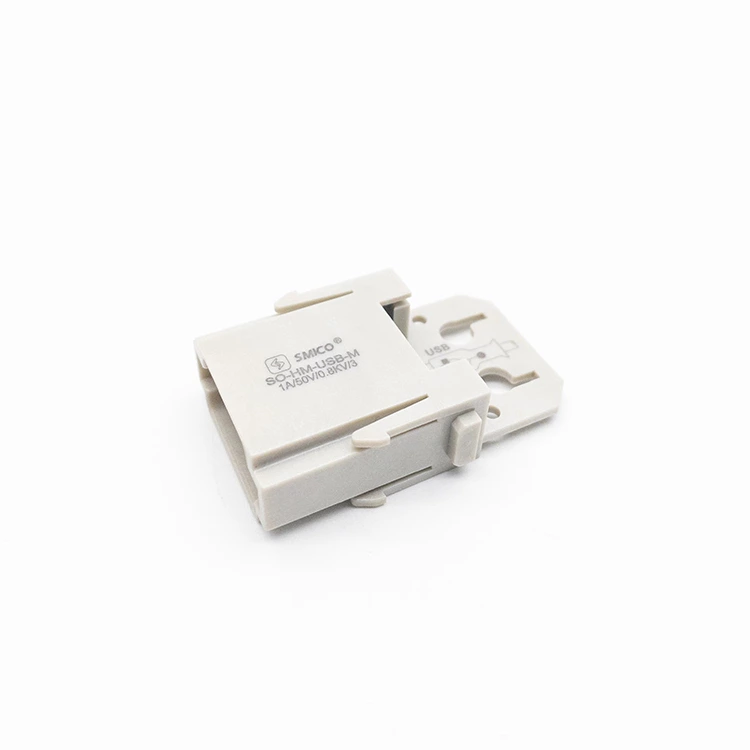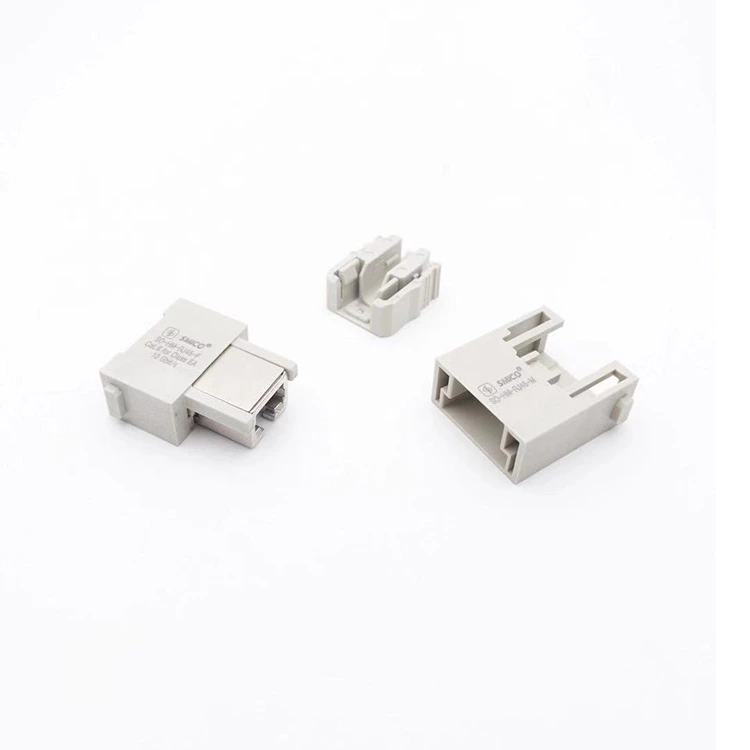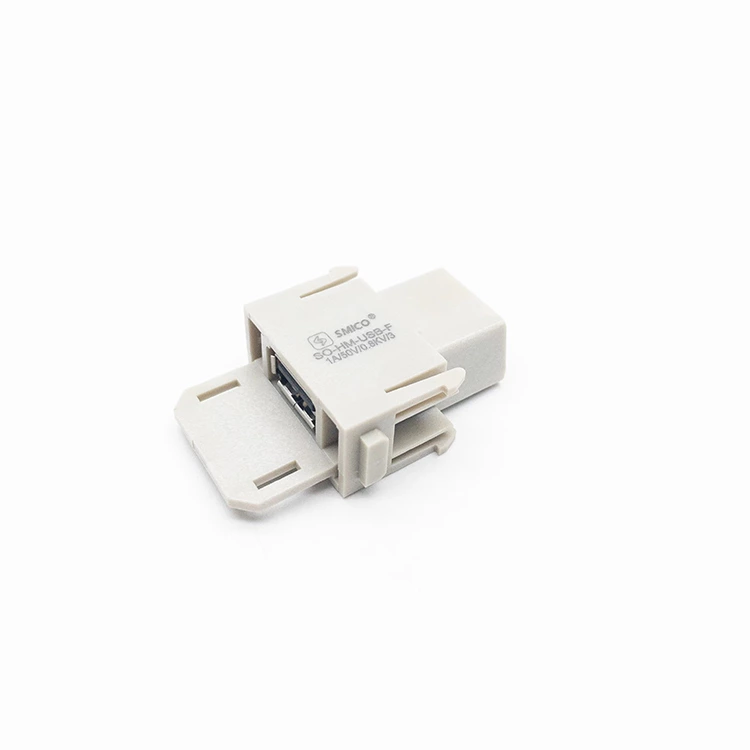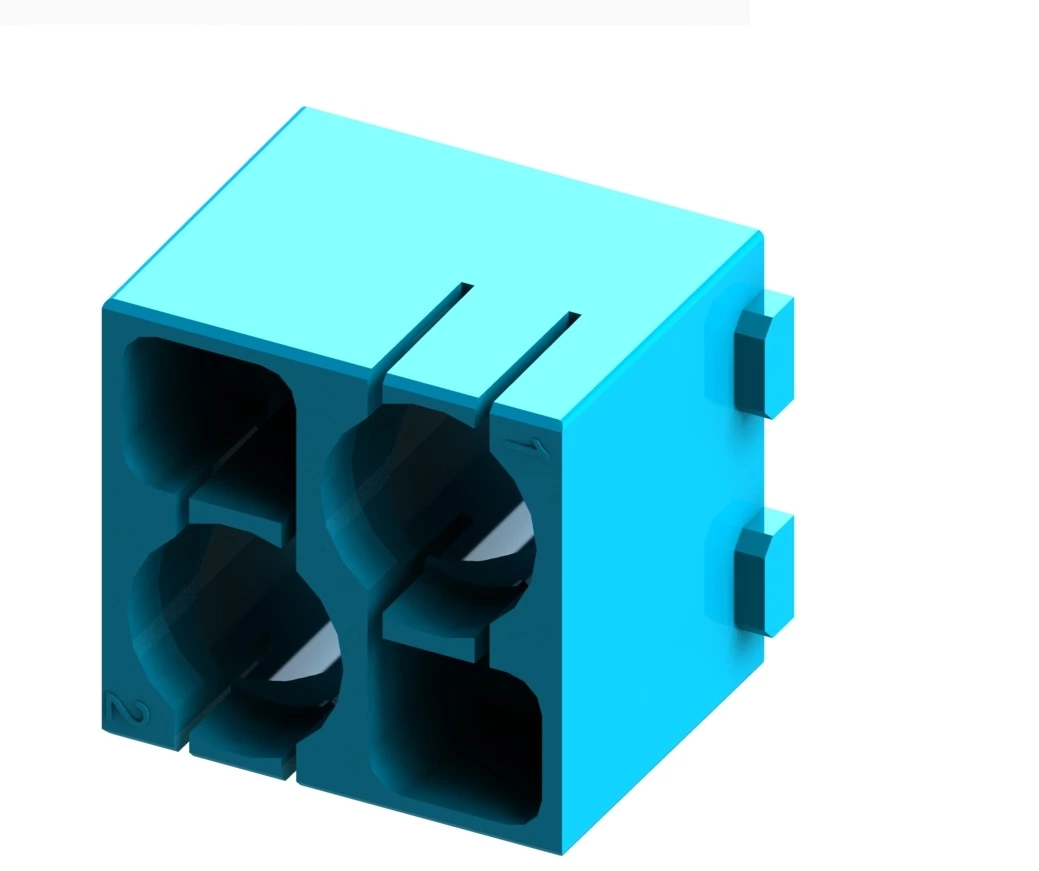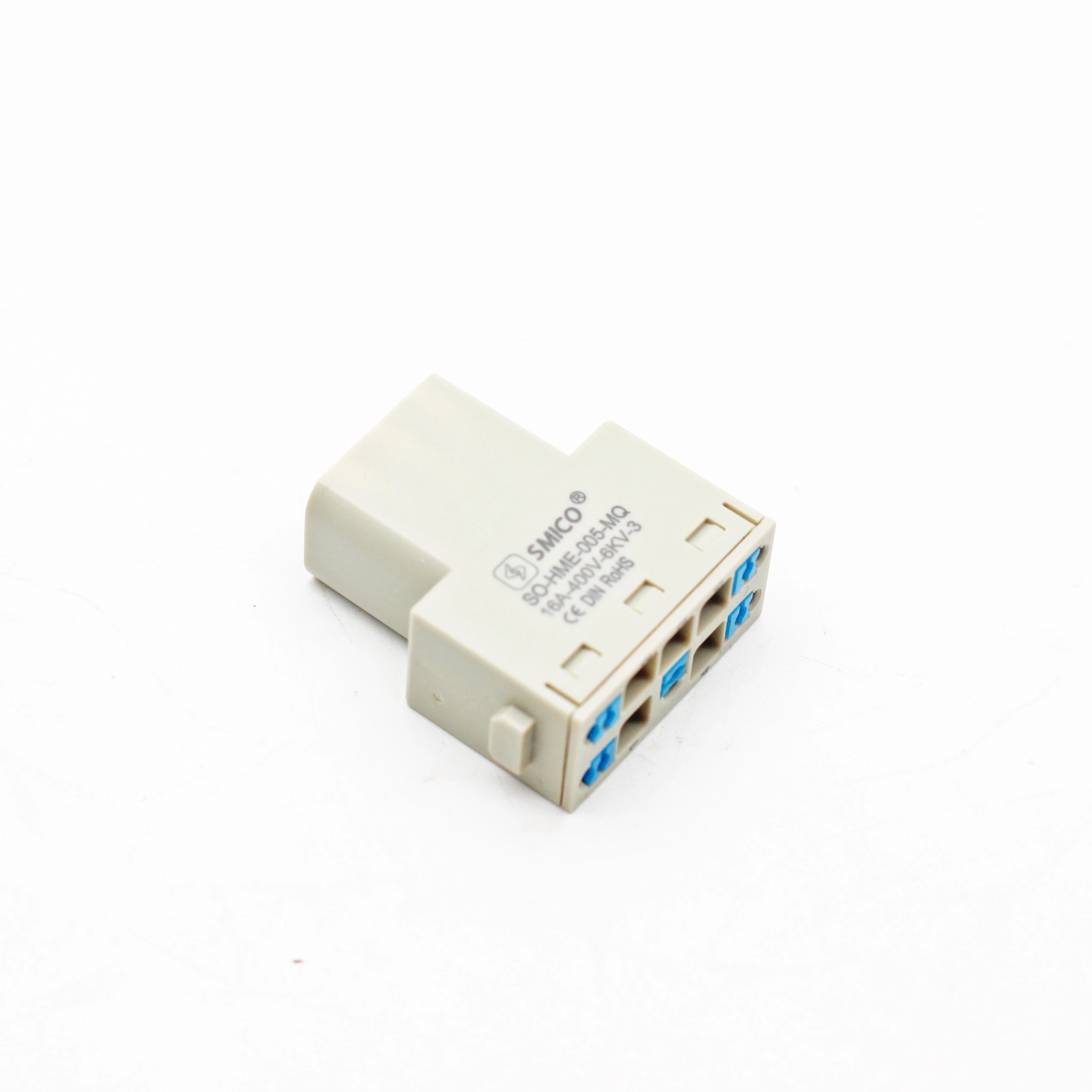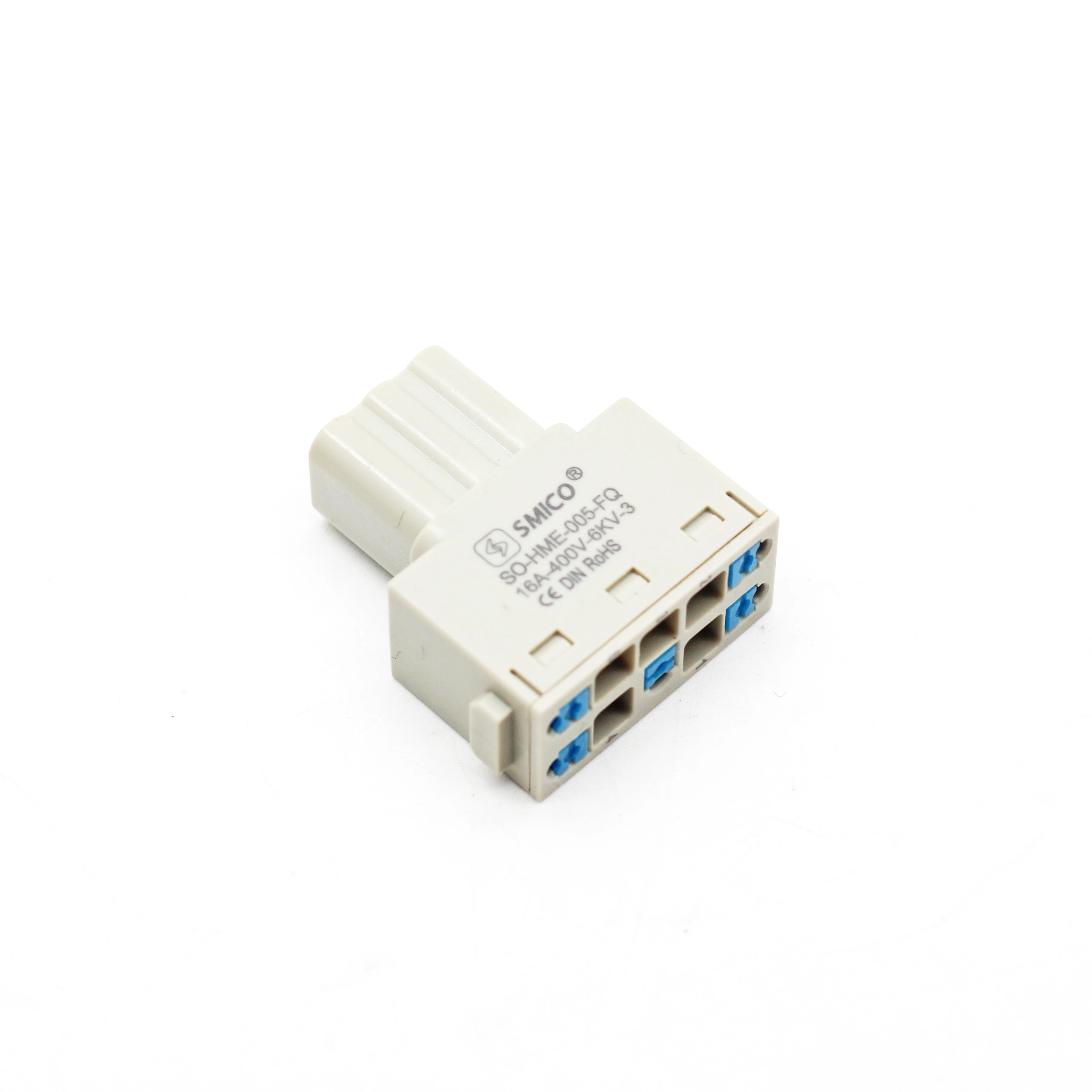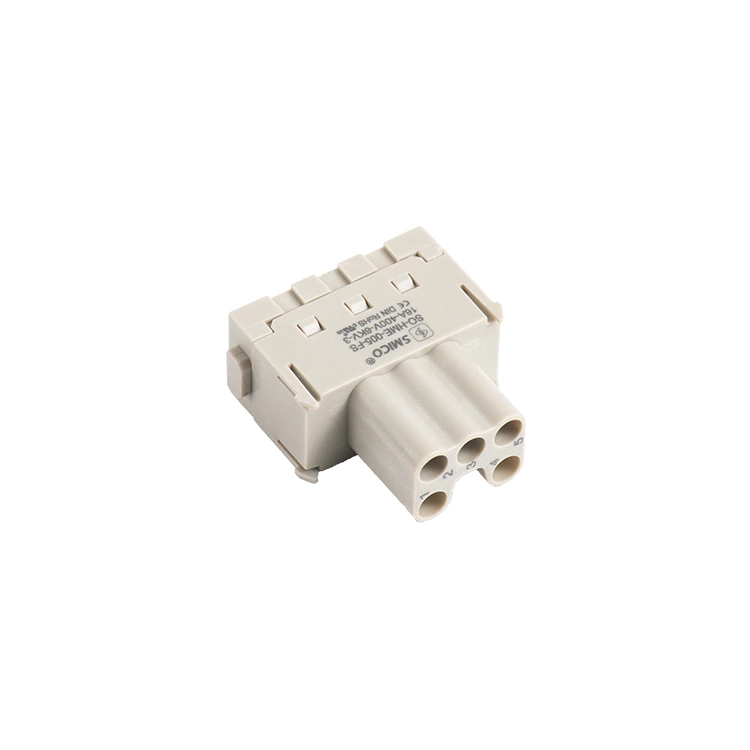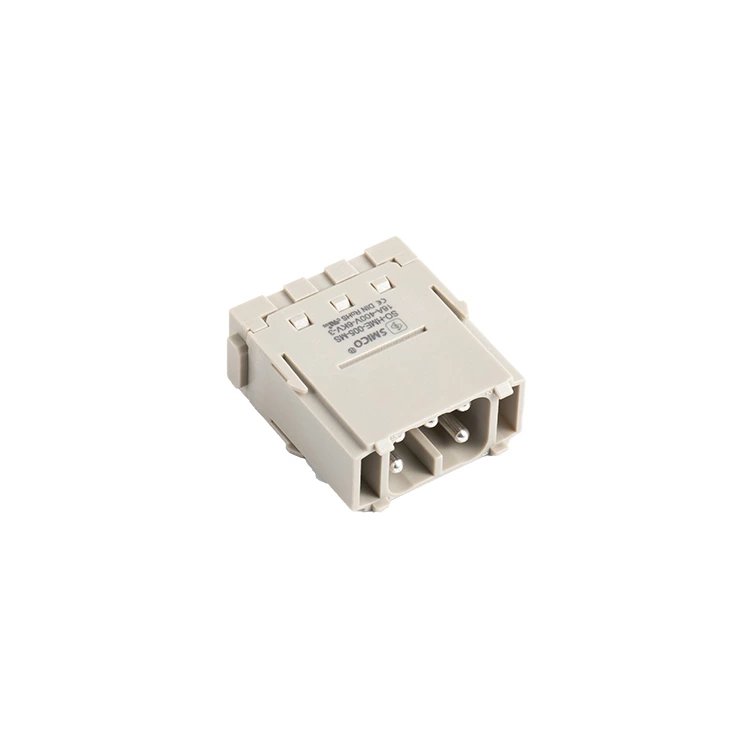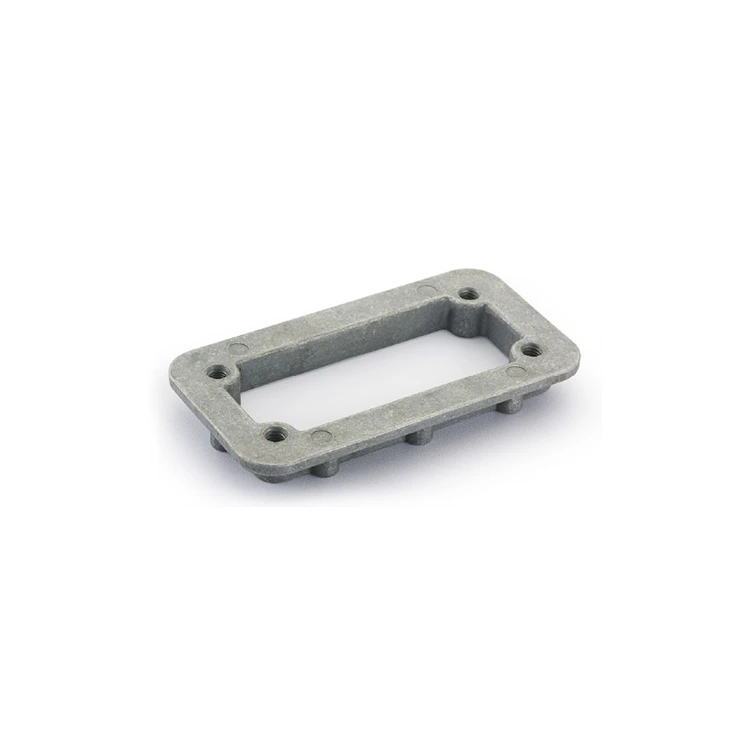Importance Of Heavy Duty Connectors In Industrial Applications
In modern industry, with the continuous development of equipment and the improvement of intelligence level, connectors, as indispensable components in electronic systems, play a vital role. Especially in the application of heavy-duty connectors, their efficient, safe and stable connection characteristics have greatly promoted the development of many fields such as electricity, automation, and transportation.
Definition and characteristics of Heavy Duty Connector
Heavy-duty connectors refer to connectors that can withstand high current, high voltage and harsh environmental conditions, and are widely used in power transmission, mechanical equipment, energy equipment and other fields. Such connectors usually have higher load-bearing capacity and stronger anti-interference, and can maintain a stable connection state in extreme working environments. In high-voltage and high-current environments, heavy-duty connectors can effectively ensure the safe operation of equipment and avoid electrical failures and fire risks caused by poor connections.
The basic characteristics of heavy-duty connectors include:
High load-bearing capacity: capable of transmitting high-power signals and currents to ensure stable operation of equipment.
Strong vibration resistance: even in environments with large vibrations and shocks, the connection is still reliable.
Good electrical performance: has low contact resistance and reduces energy loss.
Waterproof and dustproof: Most heavy-duty connectors have IP67 protection levels and can work normally under harsh conditions such as humidity and dust.
Long service life: High-strength materials are used, which have wear and corrosion resistance and can operate stably for a long time.


